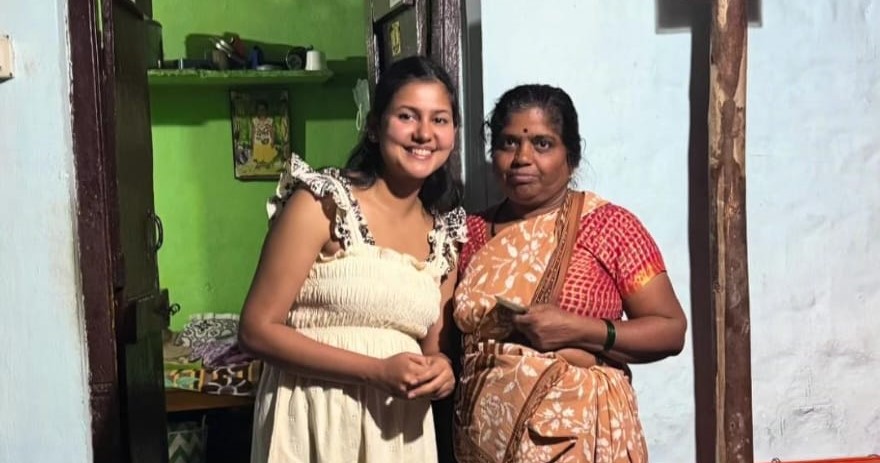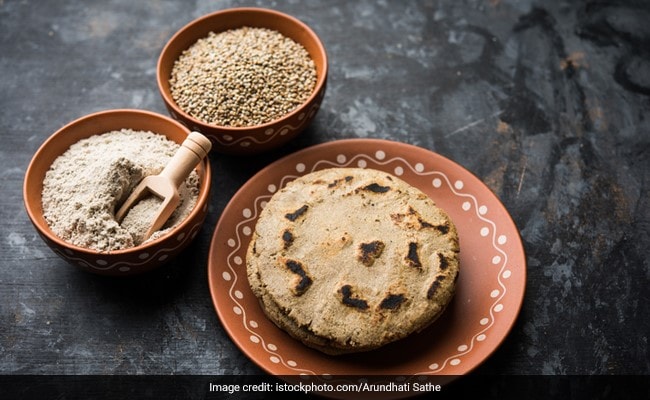The focus on healthy eating and good nutrition cannot be understated, especially in the post-pandemic era. Eating whole grains such as wheat, rice, lentils and pulses is a common practice that has been recommended by experts. Millet is also one such ancient superfood that has been garnering interest in the recent past. Popular in Africa and Southeast Asia, the humble millet has been grown in the Indian subcontinent for 5,000 years. The Food Safety and Standards Authority of India (FSSAI) took to Twitter to share a series of posts about the kinds of millets, their health benefits and how to bring them into use in the daily diet.
Here Are 7 Kinds Of Millets, Health Benefits And Uses Shared By FSSAI:
1. Pearl Millet aka Bajra
Bajra (or Pearl Millet) is a popular grain in North-West India, including Rajasthan and Haryana. The fulfilling millet helps keep a check on cholesterol and is also recommended for diabetics.
Pearl millet helps reduce cholesterol and promotes heart health.#EatRightIndia#Millets@PIB_India@MIB_India@MoHFW_INDIA@mygovindiapic.twitter.com/SDv5wn2hMi
— FSSAI (@fssaiindia) May 25, 2021
2. Finger Millet aka Ragi
Whether you make Roti or Cheela, the finger millet will enrich you with multiple macronutrients and micronutrients such as Vitamin B3, folate and calcium.
Loaded with protein & fibre #FingerMillet helps in reducing blood glucose levels.#Millets#Ragi#EatRightIndia@PIB_India@MIB_India@mygovindia@MoHFW_INDIApic.twitter.com/YLQQNXVLdV— FSSAI (@fssaiindia) May 4, 2021
3. Amaranth
Also known as Ramdana, Amaranth is a protein-rich grain recommended by experts. It can be used in a number of recipes to boost immunity and decrease cholesterol.
Amaranth is rich in calcium and helps reduce risk of osteoporosis.#EatRightIndia@PIB_India@MIB_India@mygovindia@MoHFW_INDIApic.twitter.com/Adk9b2Hn8V— FSSAI (@fssaiindia) May 13, 2021
4. Buckwheat Millet aka Kuttu
A popular grain during Navratri, Kuttu is known to help manage blood pressure and aid weight loss too. From Puris to Cheelas, there is no end to the recipes you can make with Buckwheat.
Rich in potassium, magnesium, folate & calcium consumption of Buckwheat Millet helps loose weight#EatRightIndia@PIB_India@MIB_India@MoHFW_INDIA@mygovindiapic.twitter.com/vCRBjphABV— FSSAI (@fssaiindia) May 11, 2021
5. Barnyard Millet
Locally known as Sanwa, this millet is a gluten-free source of both insoluble and soluble fibres. To include it in the diet, you can make porridge, Khichdi and even Pulao!
Rich in source of fibre and Gluten free #BarnyardMillet can be used in making porridges, upma & other dishes.#Sanwa#Millet#EatRightIndia@PIB_India@MIB_India@MoHFW_INDIA@mygovindiapic.twitter.com/ek1ik5hoXp— FSSAI (@fssaiindia) May 6, 2021
6. Foxtail Millet
The Foxtail millet, also known as Kangni, is a grain well-known for promoting good cardiac health and maintaining good hair and skin. It can be used in Dosas, cheelas and more.
Foxtail Millet is good for cardiac health, skin & hair growth.#EatRightIndia@PIB_India@MIB_India@MoHFW_INDIA@mygovindiapic.twitter.com/RMsRC6oRkV— FSSAI (@fssaiindia) May 20, 2021
7. Kodo Millet
Rich in fibre and iron, the Kodo millet grain helps prevent constipation and control blood sugar. The humble grain can be used to make Chapatis, Idli etc.
Kodo Millet can be used in making idli, cheela, khichdi and other dishes. It helps in strengthening our nervous system and prevents constipation.#EatRightIndia@PIB_India@MIB_India@MoHFW_INDIA@mygovindiapic.twitter.com/RuvWGZTrvA— FSSAI (@fssaiindia) May 18, 2021
So, what are you waiting for? Dig into the millets that are locally available and load up on good health and nutrition too.
About Aditi AhujaAditi loves talking to and meeting like-minded foodies (especially the kind who like veg momos). Plus points if you get her bad jokes and sitcom references, or if you recommend a new place to eat at.










